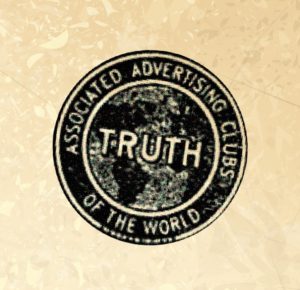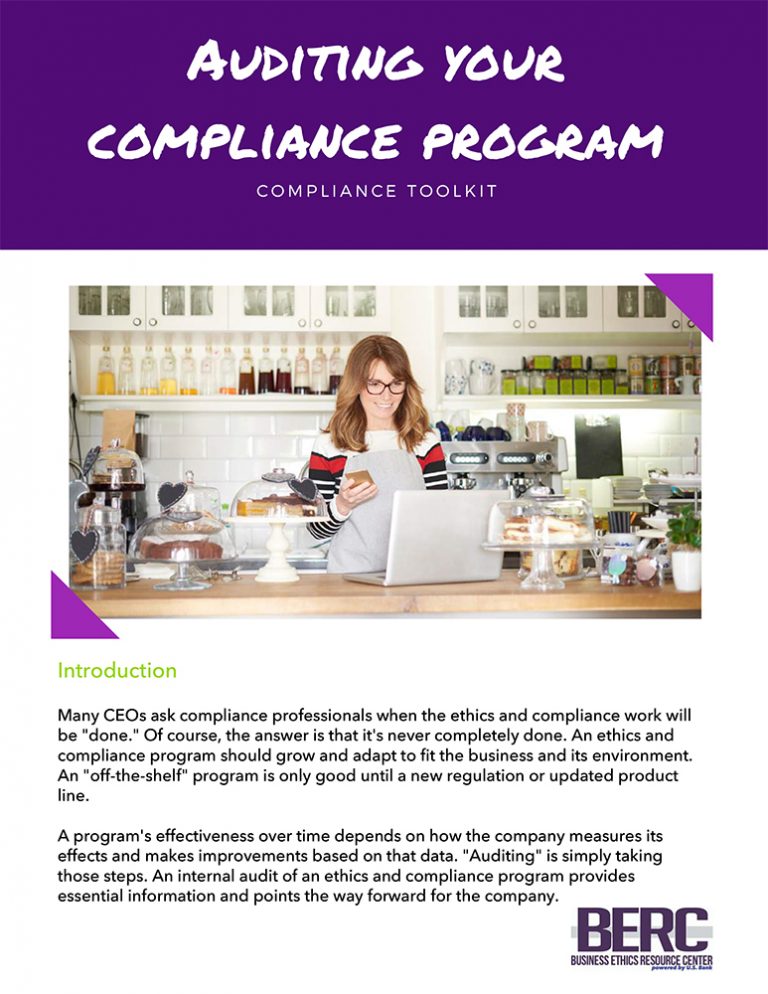The Inside Story Behind BBB’s Brand
More than a century ago — 101 years to be exact — President Woodrow Wilson gave a speech to a gathering of advertising men on the plaza of Independence Hall in Philadelphia.
“The only thing that ever set any man free, the only thing that ever set any nation free, is the truth,” he said.

At the time, there was a nationwide push to promote truth in advertising; false advertising was misleading many consumers. Around the country, local advertising clubs, aptly called vigilance committees, were formed to promote and uphold the truth. In 1916, these advertising clubs decided it was time for a name change. They chose to call themselves Better Business Bureau (BBB).
Charles Underhill, former Executive Vice President and Chief Operating Officer of Council of Better Business Bureaus, is an unofficial BBB historian. We asked him to share a few thoughts about the name change from vigilance committees to BBB.
Mehta: Why do you think it was time for the vigilance committees to change their names?
Underhill: The vigilance committees were direct outgrowths of local advertising clubs’ efforts to promote truth in advertising at a time when there was a growing recognition that if the public came to distrust all advertising (because of the abuses of the more unscrupulous snake oil salesmen), then all advertising—and by extension, those businesses that reached potential customers through advertising—would be distrusted.
Vigilance committees were set up under the auspices of local ad clubs to monitor local advertising and attempts to correct abuses through the power of persuasion. I imagine that initially, the clubs felt the names reflected their desire to be vigilant in protecting the marketplace.
In 1916, sales and marketing consultant Arthur F. Sheldon was speaking to the ad club in Indianapolis and went to a blackboard, saying, “You have a grip on something fundamental to all business success, not alone to the success of advertising. I suggest you use this name.” He wrote on the blackboard “Better Business Bureau.” The name gained immediate traction and acceptance.
Mehta: What did members of the vigilance committees do? What type of oversight did they have?
Underhill: The vigilance committees were made up of leaders in the advertising, financial, and retail industries, and they identified misleading, deceptive, or outright fraudulent advertising claims.
In circumstances where advertisers declined to cooperate, these leaders used the power of public awareness to help effect change. When all else failed, they sought tough state advertising laws and referred outliers to those regulatory agencies.
Mehta: What impact do you think the name change had on BBB’s brand?
Underhill: I think the major impact of the name change allowed the local BBBs to move beyond “better advertising,” as Arthur Sheldon foresaw. Trust in business is about more than just trust in advertising’s truthfulness. The more encompassing name allowed BBB to look more broadly at marketplace practices that impact the relationship between consumers and businesses. More than 100 years after its founding, BBB is still helping business “start with trust.”
Mehta: A century later, how do you think businesses view BBB?
Underhill: I think BBB is still viewed as a vital and respected source of impartial information for businesses and consumers. However, we live at a time when overall trust in institutions is in flux. While BBB is a nongovernmental organization, many members of the general public mistakenly believe that BBB is a governmental organization. This is a challenge BBB needs to address through continuing consumer and business education.
Archana Mehta is the Founder and CEO of AM Strategies, a marketing and communications firm based in Washington, D.C. She has spent the last 15 years helping companies with everything from marketing strategies to content development to product launches. In her “spare” time, she enjoys taking her twins on adventures up and down the East Coast.
By: Archana Mehta, June 25, 2017
This article was used with kind permission of the Better Business Bureau.



Recent Comments